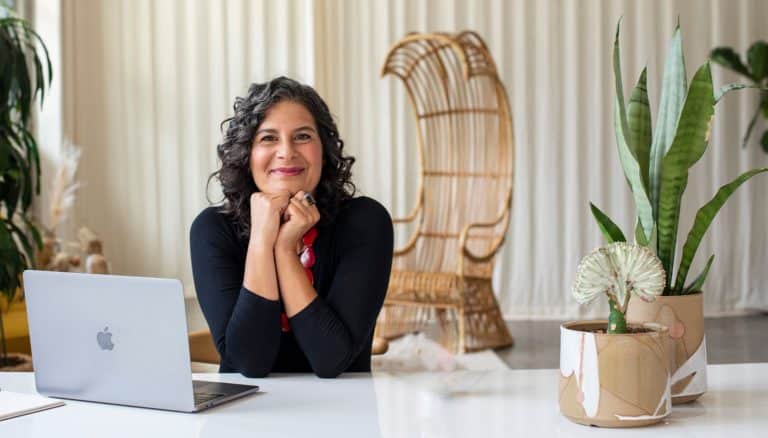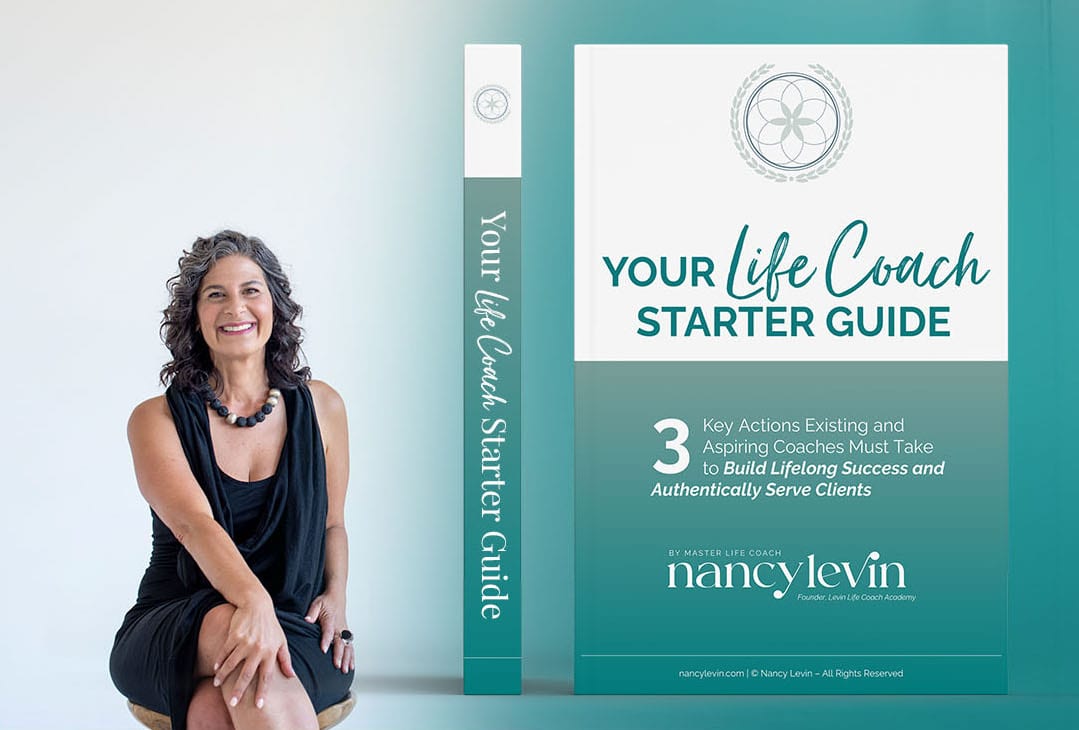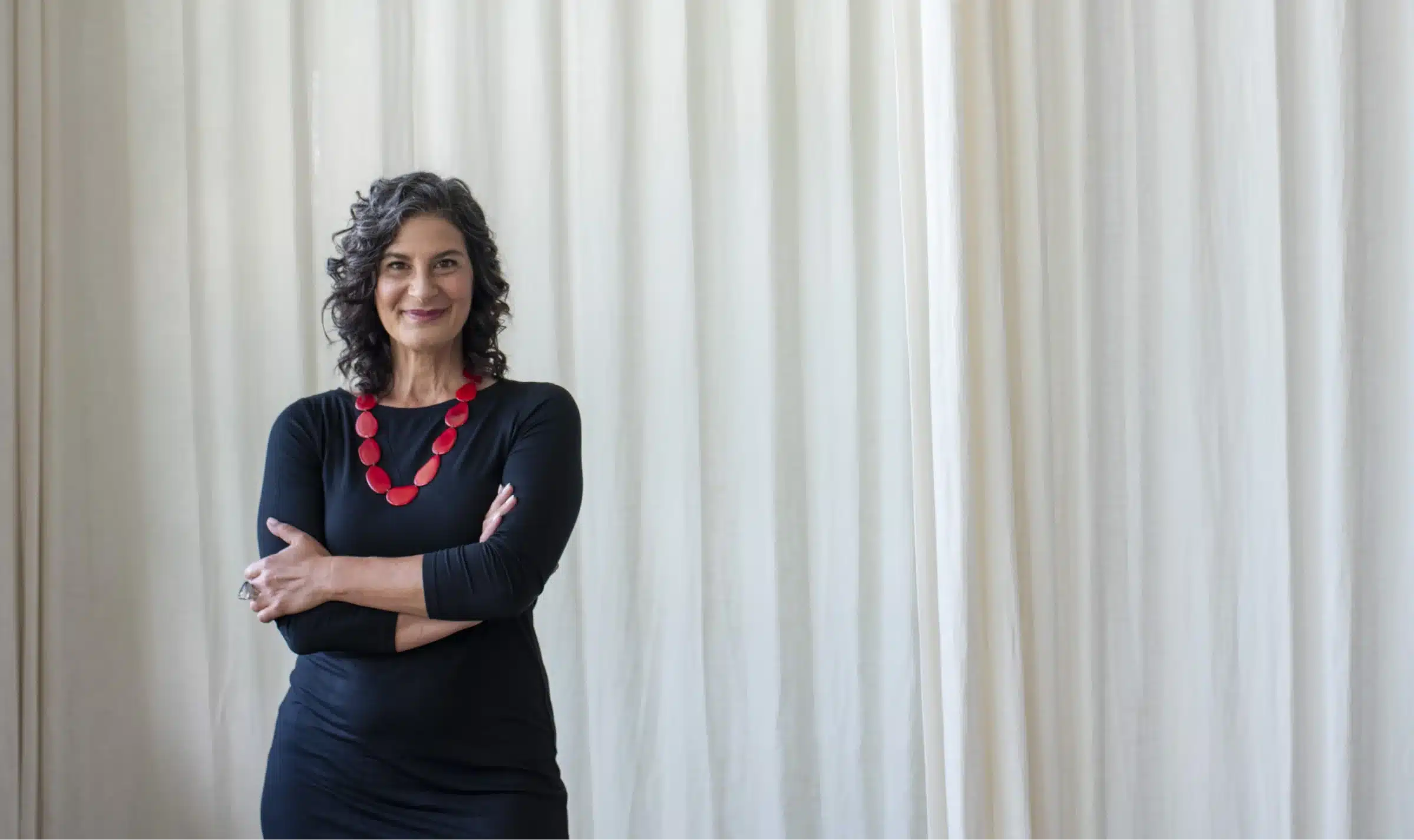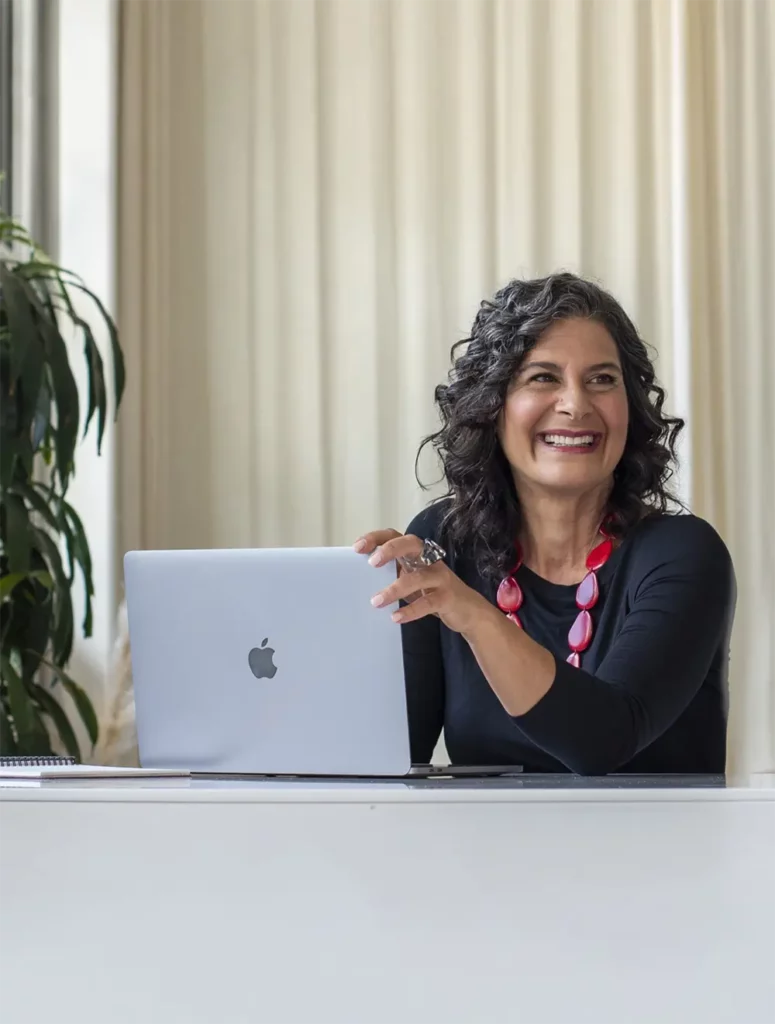
My Superwoman complex started when I was two years old. That year, my six-year-old brother died. Severely mentally disabled from birth, he had lived his life utterly incapacitated—broken—until he caught pneumonia, and his immune system could no longer fight. I’m told that even as a small child, I took great pride in my independence. I think I somehow sensed that my parents had their hands full. They were lost in grief, so I learned to take care of myself.
Several beliefs became imprinted within me during that time:
- My wants and needs are insignificant, and no one will be able to meet them anyway.
- I must be perfect in order to make up for my parents’ loss and grief.
- Since I’m the one who survived, I am undeserving of joy, yet at the same time, responsible for the happiness of my parents and other people.
- Maybe if I’m perfect and indispensable, then I can fix everything, all will be okay, and I will be loved.
- And the kicker: If I am imperfect—like my poor, sweet brother—I will be disposable and die.
These beliefs, of course, were not formed consciously. As a two-year-old, I was hardly aware that I felt the need to be perfect in order to feel safe. Attempting to be perfect was simply an unconscious survival strategy. Like all children, I was trying to figure out who I needed to be and what I needed to do to get the most love possible, while avoiding trouble and pain as much as I could.
Our childhood beliefs may be illogical, but they take hold and become the way we see the world. They are unconscious “shadow beliefs” that become part of our personal operating systems. They tell us what we can and cannot do. The people and situations we attract into our lives are consistent with those beliefs—for better or worse.
As adults, we continue this unconscious, habitual, compulsive way of being without any awareness as to why. It’s only when we bring our shadow beliefs into conscious awareness in adulthood that we can see the hold they’ve had over us as well as the gifts they offer. Then, we can shine light on these unwanted parts of ourselves, stop pushing them away, and integrate them in order to reclaim wholeness.
Louise Hay told me that I deserved an Academy Award for my portrayal as the “perfect wife.”
Together, my husband and I had managed to build a strong façade for the outside world. I thought everyone must look at our marriage and assume it was picture-perfect, which was just how I wanted it. If I’d walked away, I would’ve had to admit that the image was false. Because of my deep fear of being imperfect—of being dispensable, like my brother had been—I could not even admit to myself that our marriage wasn’t working, let alone admit it to my husband or anyone else.
There was shame for me in admitting that I couldn’t live up to my own idea of who I thought I “should” be. And my idea, of course, was impossible: the perfect Superwoman who could fix anything and juggle everything, without ever letting a ball drop. None of us are capable of that, no matter how hard we try.
Isn’t it time to take off your mask and cape?
Tell me, in the comments below: What could you have and do, who could you be, if you didn’t need to be perfect?








